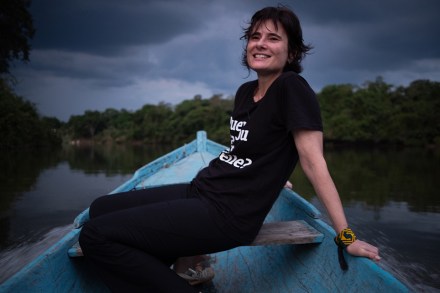The remarkable prescience of Alexis de Tocqueville
Alexis de Tocqueville (1805-59) produced what his biographer Hugh Brogan called ‘the greatest book ever written on the United States’. Among the most remarkable things about this work – Brogan was referring to the first volume of Democracy in America, not the more abstract second volume – is that Tocqueville’s journey to the United States lasted just nine months, and was undertaken when he was in his mid-twenties, never to return. Yet the book’s publication, when Tocqueville was still only 29, made him an instant celebrity. The young French aristocrat was especially pleased by its reception in America, where an unauthorised edition was published in 1838. He wrote to his




















